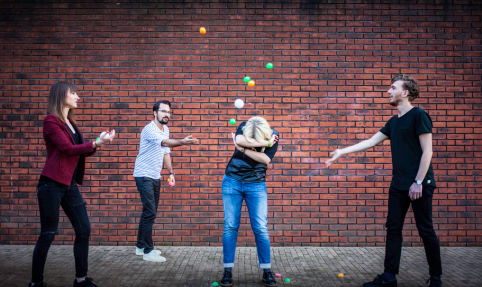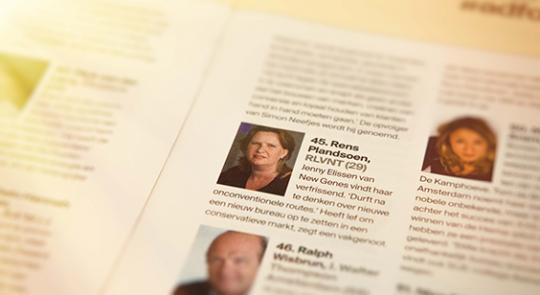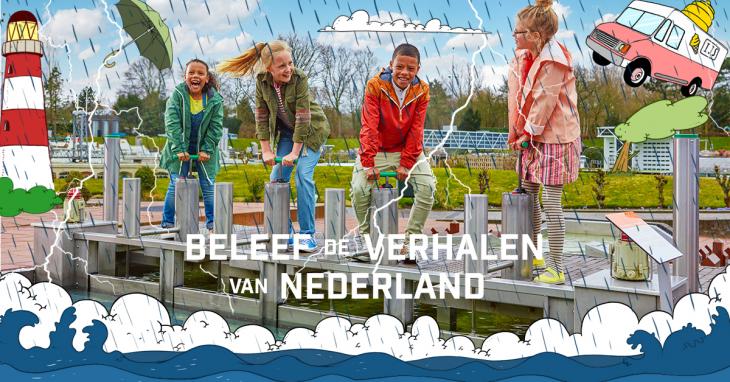Big data remains to be one of hottest topics around. Smart use of data can help brands and consumers by connecting the two in the most relevant way. In short: offering the right stuff to the right people at the right time. Smart use of data can give consumers advice: “If you like this shoe, you probably like this bag too.” and can help us filter unwanted advertising, like blocking tampon ads for men. But how does it affect the element of surprise or serendipity in our lives? We all know Google offers search results based on our profile, but will the time come when we can actually feel the net closing in on us? In the future, do we still have the chance to tumble down the rabbit’s hole and stumble upon a genuine surprise?
You might say that algorithms can actually help us discover new stuff, but how much of that is true? A few years ago, an interesting article appeared in the Guardian, in which Aleks Krotoski confronts the idea of data-driven serendipity: “Computer-mediated "serendipity" is therefore constructed by carefully controlling the connections people make between pieces of information and one another in order to maximise delight. This keeps the consumer brand-loyal and the company's shares high. It does not take people in totally new directions; rather, it filters out the stuff that Computer Says is Irrelevant.”
That last sentence touches a delicate dilemma. Can computers decide for us what’s relevant and what’s not? Are we collectively creating a digital monster that decides what we want, when we want it and how we want it, or can we actually take back control and decide for ourselves? How can we strive to create a human-data hybrid that broadens our horizon without funnelling us into a pre-set path? It’s hard to say. The sheer amount of data created everyday shows us that we need and often want some help navigating the digital world. Otherwise it would be impossible to even find what we are looking for. The point is: serendipity is all about what you’re NOT looking for.
While there are some limited forms of digital serendipity, like strolling through Wikipedia or discovering the band you were searching for on Google shares it’s name with a 50’s car tire producer with great black and white ads, we are still limited by borders created by others. Besides, serendipity is not all that much about new information, it’s more about making new connections, drawing new parallels and discovery.
The same can be true for finding new products or services you previously did not know existed. The thing is, brands will rather use data to keep you in their customer-loop, limiting your mental freedom of movement. Luckily we are not confined to a personal digital prison yet, but considering the mindboggling amount of data that’s already available we might someday be. Unless we redefine what it means to be relevant. Sometimes it’s relevant to get a great offer from your favourite brand, but at other times is also relevant to be surprised, discovering something you did not know before. An ‘happy accident’ no data or algorithm can really predict.
Like sociologist William Bruce Cameron said in the 60’s: “Not everything that can be counted counts, and not everything that counts can be counted.” While we need computers to create order in the chaos of big data and information, we also need to remain human, and cherish the totally unexpected. For advertisers it may be tempting to focus entirely on data-driven marketing, but ask yourselves: is that the pre-set world we as people would like to live in? Sometimes you just need an autumn-time stroll along the beach, a long shower or a ridiculous joke made by a dear friend to discover what you really want. That’s the magic of being human.
Stanley@RLVNT.nl







Plaats als eerste een reactie
Ook een reactie plaatsen? Word lid van Adformatie!